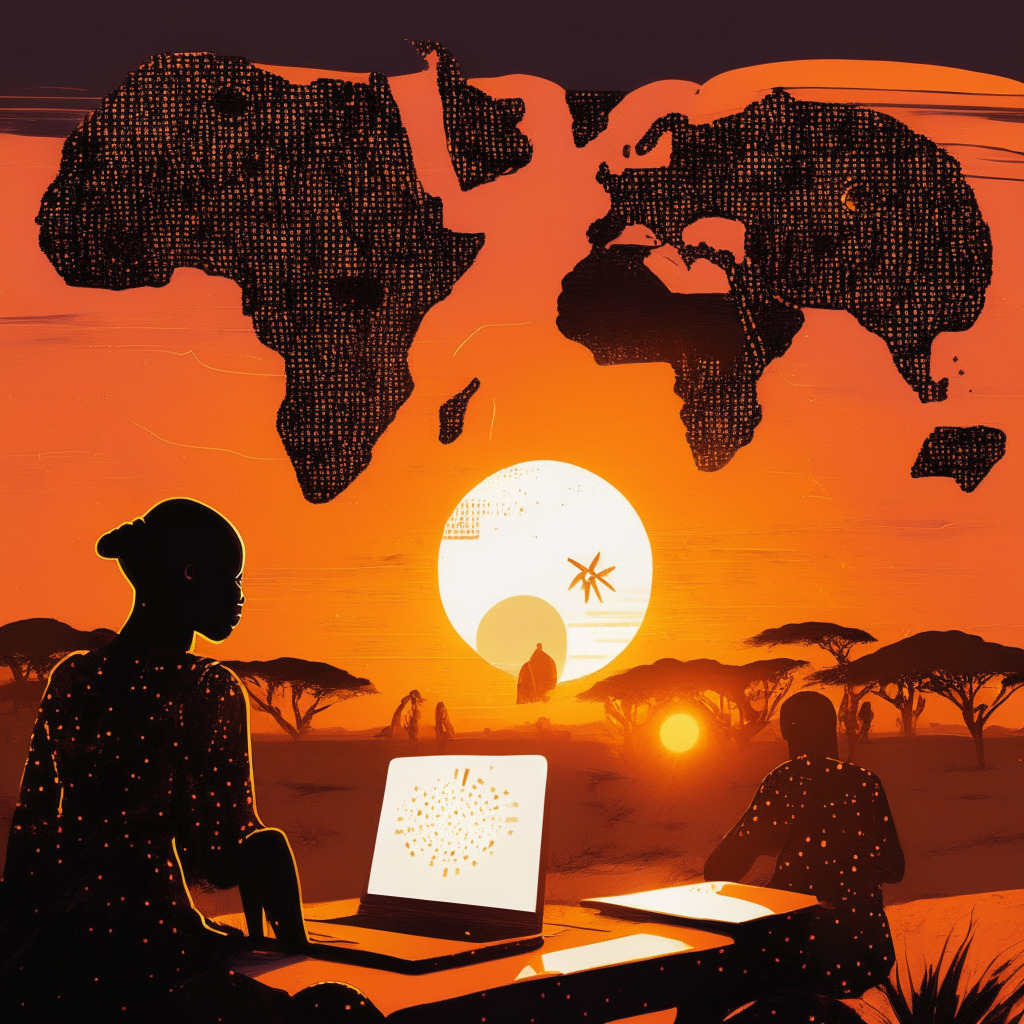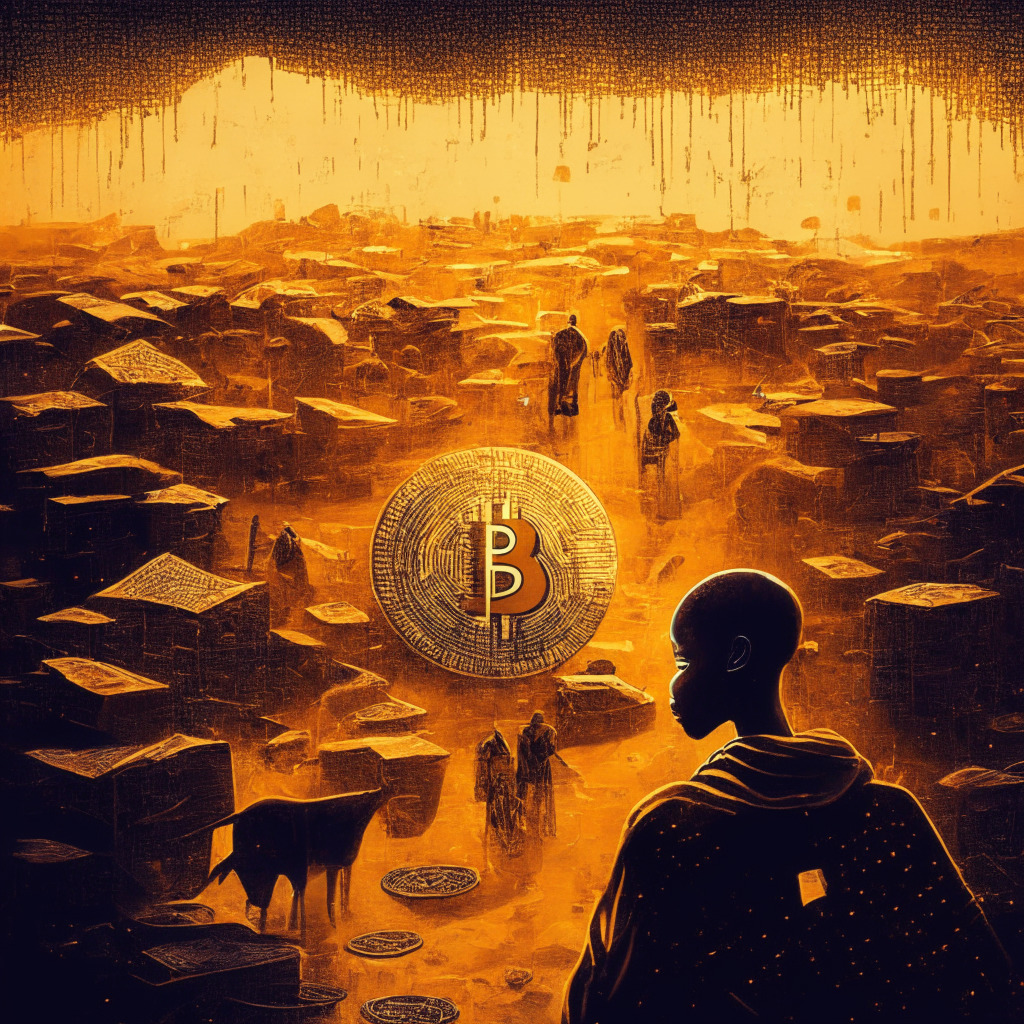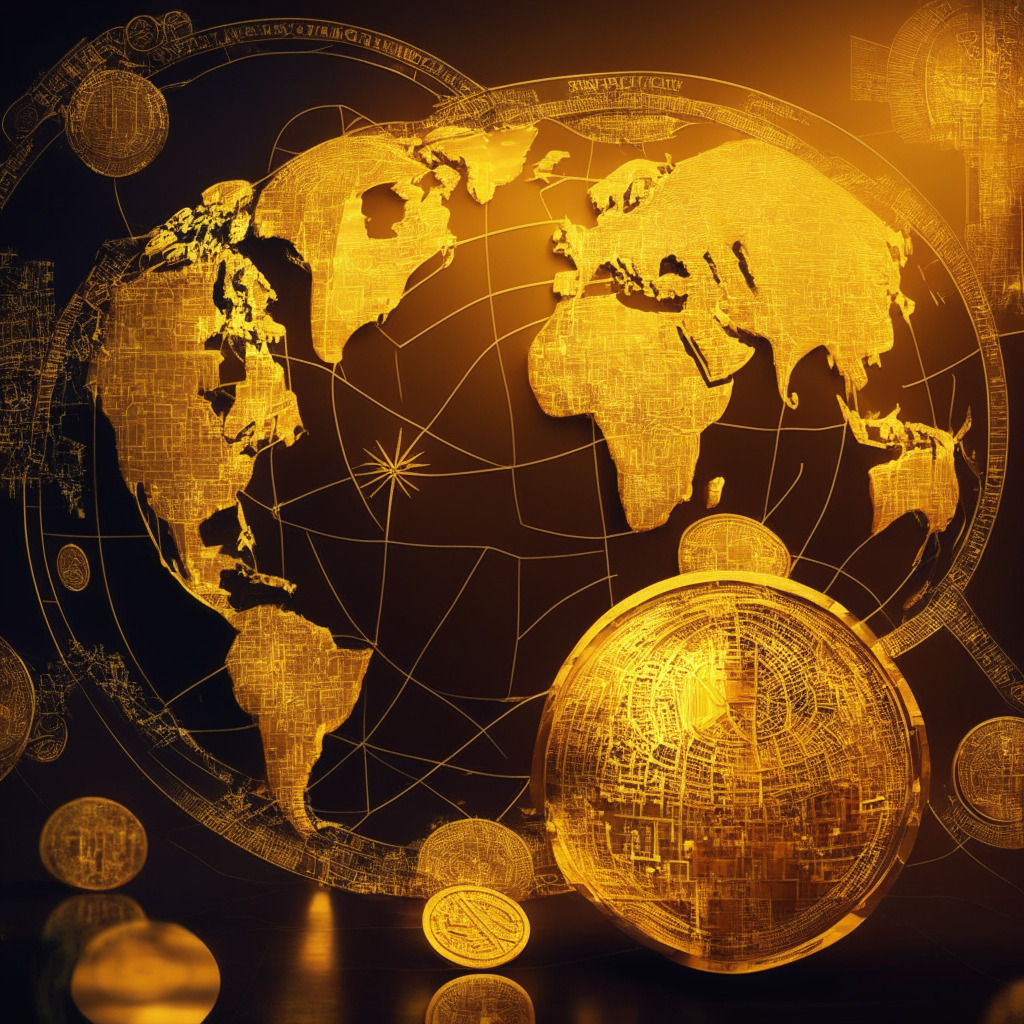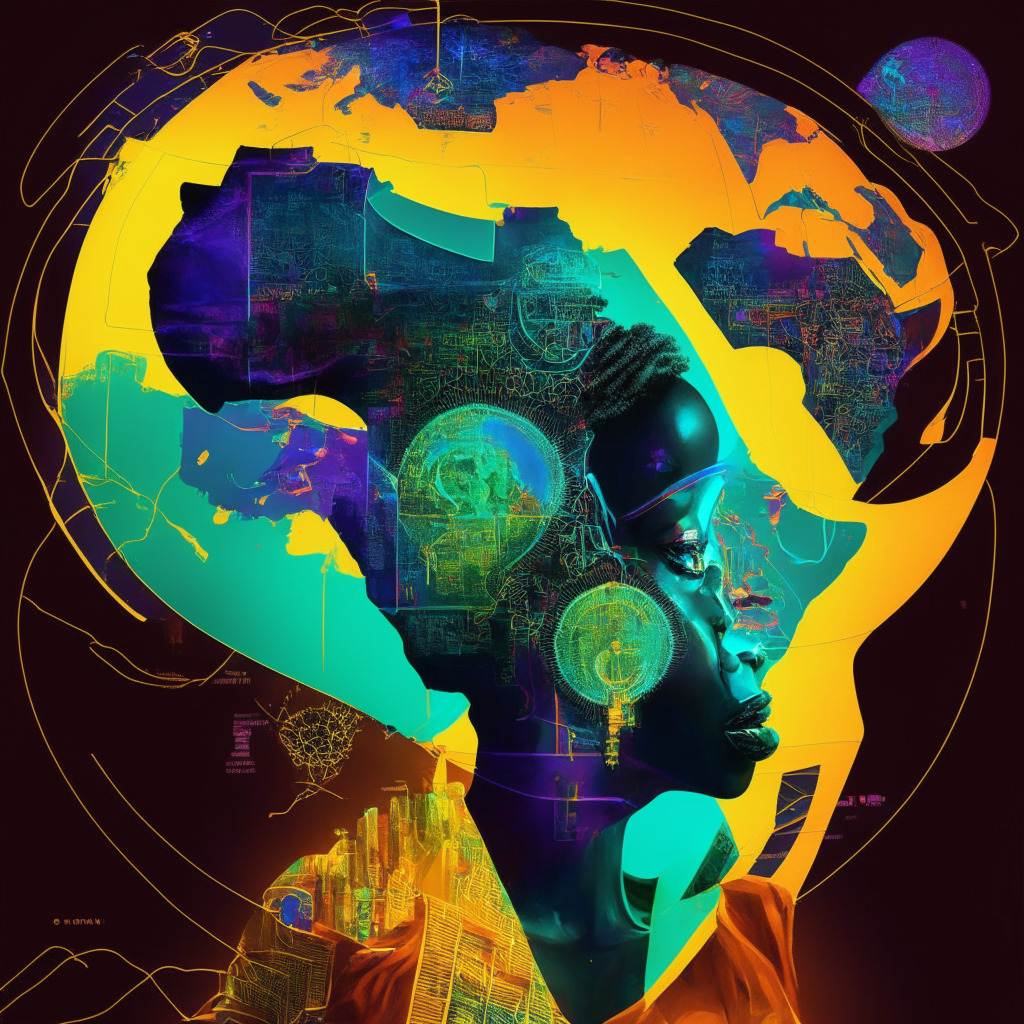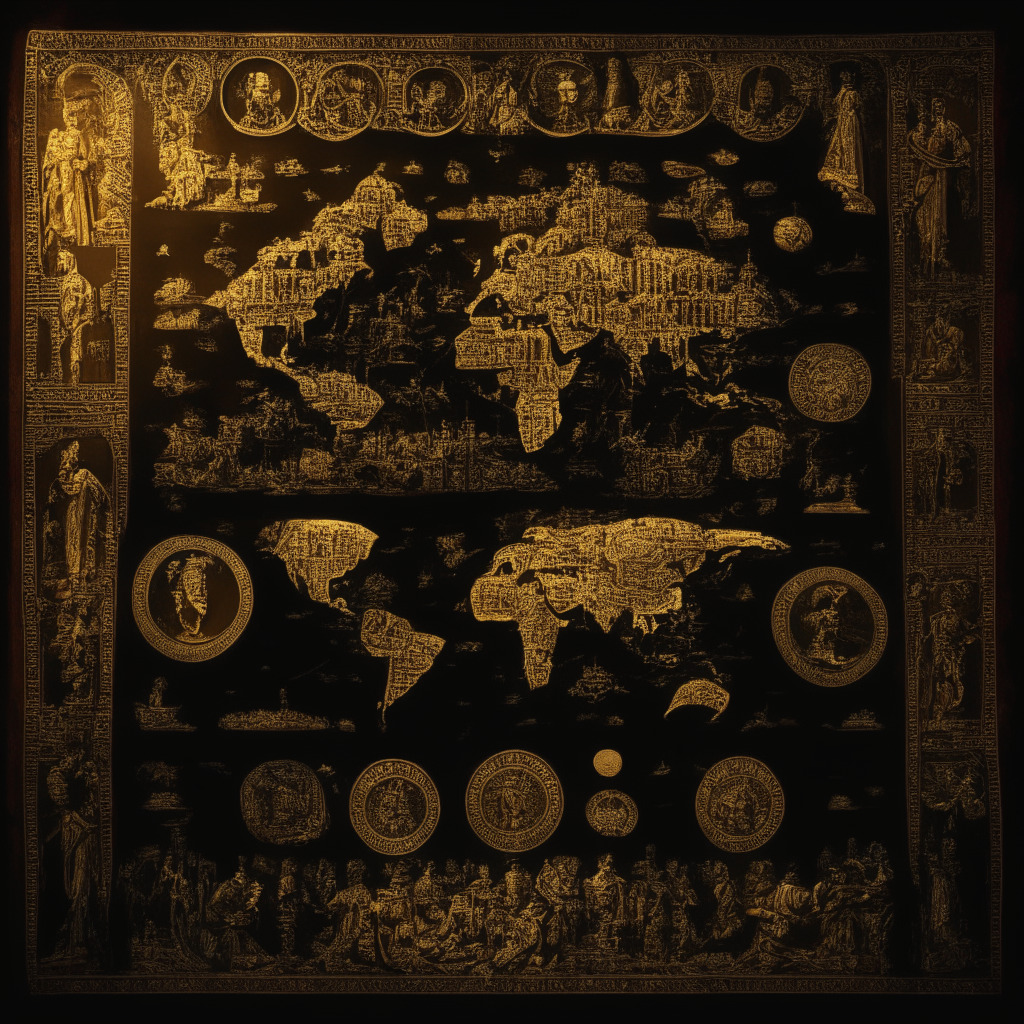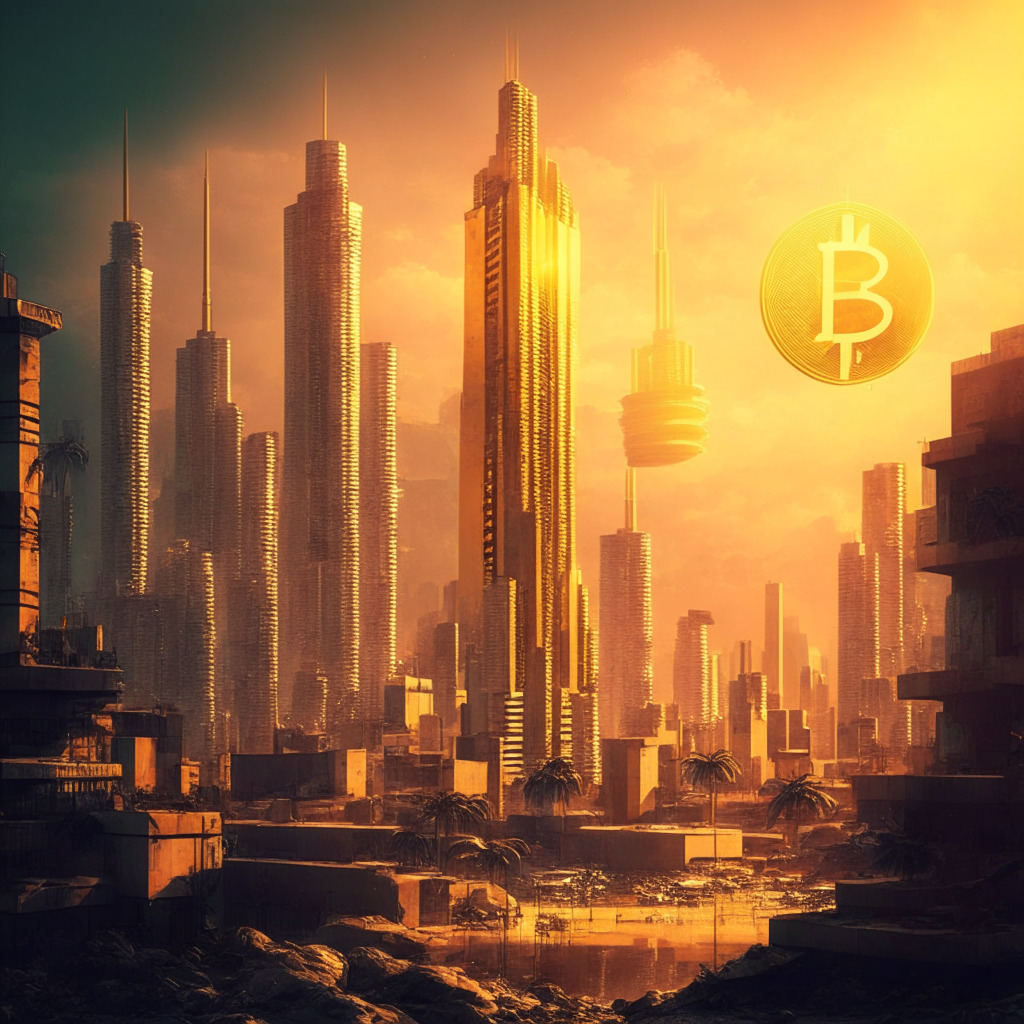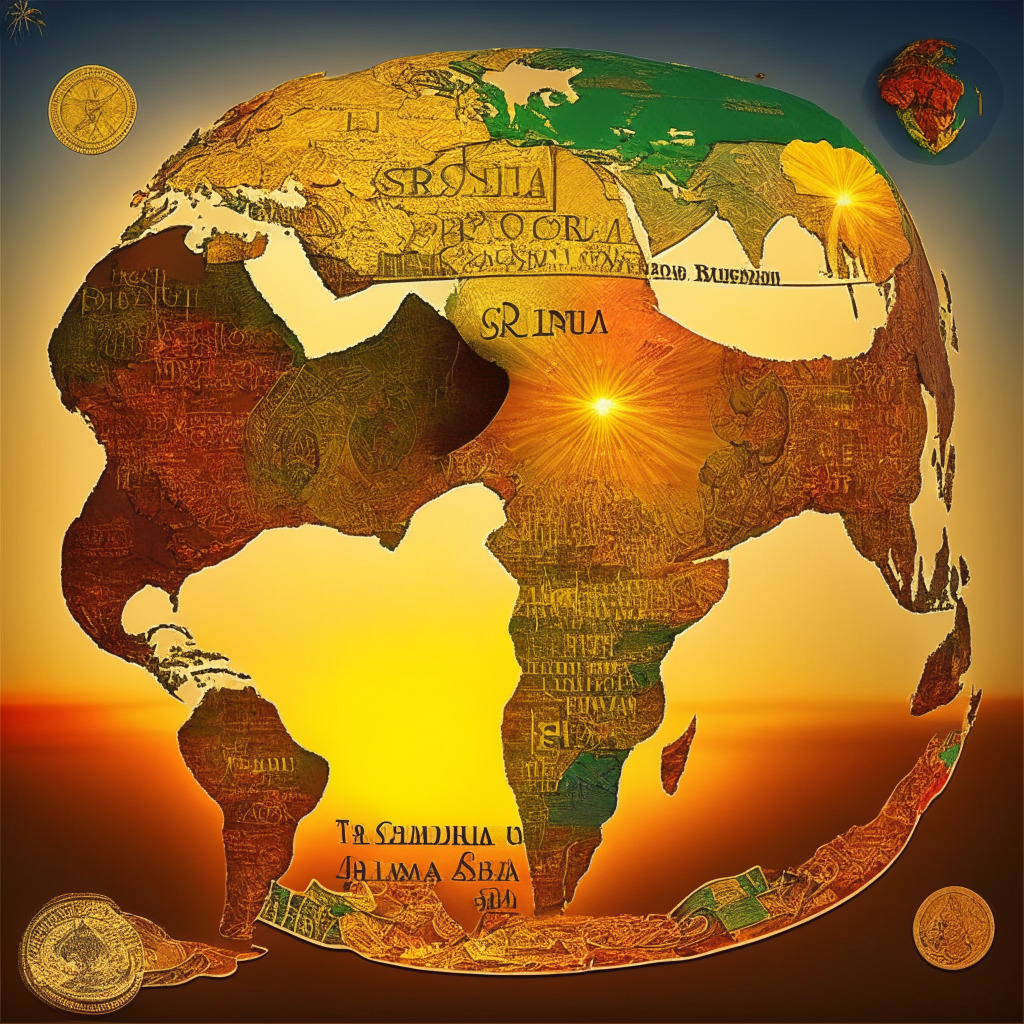“South Africa is implementing a comprehensive regulatory framework for cryptocurrency exchanges. The Financial Sector Conduct Authority expects crypto companies to complete registration and licensing by 2023. Non-compliance could lead to shutdowns or fines, as part of a strategy to protect from potential cryptocurrency trading risks.”
Search Results for: South Africa
South Africa’s Crypto Licensing Rule: Protecting Consumers or Hurting Small Companies?
South Africa’s Financial Sector Conduct Authority (FSCA) is imposing new licensing requirements for crypto companies, with a six-month deadline starting June 1. While supporting industry standards and consumer protection, concerns arise about the impact on firms that fail to register and smaller companies entering the market post-deadline.
Opera Mini Harnesses the Power of Blockchain with MiniPay: Reshaping Africa’s Mobile Payment Landscape
Opera Mini has announced a partnership with Celo Blockchain to launch a non-custodial wallet, named MiniPay, integrated into its mobile browser. With the ability to perform transactions using only a phone number and support for local payment methods, MiniPay is designed to transform mobile payments particularly in Africa.
Opera’s New Step into Blockchain: Introducing MiniPay Stablecoin Wallet in Africa
Opera plans to launch a non-custodial stablecoin wallet, MiniPay, in Africa. This wallet, built on the Celo blockchain, allows users to send or receive stablecoins using their mobile numbers. However, concerns about high fees and unreliable service remain. MiniPay will only support Celo Dollar, aimed to prevent user confusion with multiple currencies. Despite the recent downturn in fintech, the blockchain sector maintains resilience in Europe.
₿trust Acquisition of Qala: A Turning Point for Bitcoin Development in Africa or Cause for Concern?
₿trust, a non-profit backed by Twitter co-founder Jack Dorsey, recently acquired Qala, a body aiming to enhance Bitcoin and Lightning engineers’ skills in Africa. The integration aligns with ₿Trust’s mission to stimulate Bitcoin open-source developers’ learning globally, particularly in the Global South, potentially changing the region’s involvement in Bitcoin development.
Unmasking Blockchain’s Role in East African Agriculture: Promising Rise or Insurmountable Challenge?
“East African farmers are exploring blockchain technologies to gain international clients. Meanwhile, blockchain’s immutable nature, vital for proving adherence to ethical practices to international clients, has led AgTech firm Dimitra and One Million Avocados to improve Kenyan farming practices. However, skeptics cite challenges with technology absorption and shifting traditional farming practices.”
Soaring Bitcoin Fees Push Africa Towards Lightning Network and Stablecoins: Boon or Bane?
Bitcoin users in Africa increasingly adopt the Lightning network and stablecoins as transaction fees soar to a two-year high. The shift in demand results from rising costs on the base layer, leading customers to prefer stablecoins like USDT or opt for faster, low-volume Lightning network transactions. However, challenges persist with instability in wallets, limited exchange support, and congestion. Despite setbacks, this situation could encourage further integration of the Lightning network and growth in the long-term.
Binance’s Zero-Fee Expansion: A Strategic Move or a Response to Regulatory Hurdles?
“Binance expands its zero-fee trading to Argentine, Brazilian, and South African currency spot trading pairs. This move is seen as an attempt to increase trading of prominent cryptocurrencies against mentioned fiat currencies, despite confronting legal and regulatory hurdles, especially in the U.S. and Europe.”
BRICS Gold-Backed Digital Currency: Boon or Global Economic Game Changer?
The upcoming BRICS Summit in 2023 may unveil a gold-backed digital currency to enhance financial independence for Brazil, Russia, India, China, and South Africa, reducing reliance on existing monetary systems like the US Dollar. This unified digital currency could increase investment, growth, trade, and cooperation within BRICS, benefiting the global economy and potentially reducing the dominance of the US Dollar and euro.
AB de Villiers’ NFT Hack: A Cautionary Tale in the World of Web3
South African cricket legend AB de Villiers fell victim to an NFT hack, losing a significant portion of his 300 digital collectibles. Despite the security breach, de Villiers remains an advocate for cryptocurrency, engaging in various digital asset projects like Bored Ape NFTs, Neo Tokyo, and Impostors.
Russian Legislator Predicts Global Foray of Digital Ruble by 2025, Possible Shift in International Trade
A high-ranking Russian legislitor, Anatoly Aksakov, predicts that domestic corporations will utilize the nation’s digital ruble, a Central Bank Digital Currency (CBDC), by 2025, especially in Latin American nations. He also suggested potential usage could transform “mutual settlements” among these nations.
Worldcoin under Kenya’s Scrutiny: Espionage Allegations, Privacy Breaches, and Blockchain’s Regulatory Challenges
Kenyan authorities express concerns over Worldcoin’s operations involving data mining of citizens’ iris scans for cryptocurrency tokens. This prompts questions about potential transnational personal data transfer, violation of the Data Protection Act, and the legal standing of Worldcoin affiliates, underscoring the need for regulation and transparency in blockchain markets.
Incredible Crypto-Awareness in Nigeria: An Unforeseen Leader in the Blockchain Revolution
In a recent survey by Consensys, 99% of Nigerians reportedly understand cryptocurrencies, making Nigeria the global leader in crypto-knowledge. Despite regulatory hurdles, 90% of respondents plan to invest in cryptocurrencies, viewing them as protection against hyperinflation. The survey underscores increasing global adoption of cryptocurrencies, particularly in economically troubled regions.
UK’s Implementation of the Crypto Travel Rule: A Double-Edged Sword?
The UK’s recent implementation of the ‘Travel Rule’ for crypto transactions aims to deter anti-money laundering and counter-terrorist financing on-chain. This rule requires UK-based virtual-asset service providers to collect, verify, and share information about crypto-asset transfers, even from overseas jurisdictions.
Navigating Market Drops and Community Building: Reassessing Crypto’s Future Prospects
“Amid Bitcoin’s drop to $26,000, there is no evidence of professional traders turning bearish, suggesting a less prolonged correction period. Meanwhile, post-crash Bitcoin futures show a healthy demand equilibrium. The article also introduces Iman Europe’s Web3-based project that envisions a supportive space for artists in the music industry, underlining crypto’s potential beyond mere profit-making.”
Future of Gold-Backed BRICS Currency: A Dream or Reality? Debating Pros, Cons, and Bitcoin Effect
“Macroeconomist Lyn Alden argues against the feasibility of a forthcoming gold-backed BRICS currency, citing it a tough challenge for BRICS members. Doubts are raised about the model backing a fractional-reserve banking system with gold.”
Navigating the New Norm: Namibia’s Crypto Regulatory Stringency versus Flexibility
“Cryptocurrency firms in Namibia will operate under the newly sanctioned Virtual Assets Act, marking a regulatory shift from 2017 when crypto exchanges were considered illegal. Notably, the new regulation, referred to as a ‘skeleton’ for its initial form, raises both excitement and skepticism about the future of blockchain companies in the country.”
Regulating the Digital Ruble: Russia’s Bold Leap into Digitized Sovereign Assets
“The Russian Federal Bailiff Service can now seize digital rubles from citizens and collect fines in digital currency. This forecasts a future where citizens can pay debts directly from their digital wallets linked to Central Bank Digital Currencies (CBDCs), possibly even having their wallets frozen if convicted of crimes or debt negligence. Further, this may lead to cross-national digital currency ecosystems, offering transformative potential yet posing regulatory challenges and questions about personal financial freedom.”
Namibia Embraces Crypto Regulations: A Breakthrough or a Setback?
“Namibia has signed a law regulating Virtual Asset Service Providers, reversing its 2017 ban on crypto exchanges. The law aims to enhance consumer protection, curb market abuse, and mitigate money laundering and terrorism financing risks. However, severe penalties apply for non-compliance and cryptocurrencies still hold no legal tender status in Namibia, potentially creating a hostile environment for crypto businesses.”
Demise of the Dollar: Kiyosaki’s Forecast and the Golden Opportunity for Crypto
Esteemed financial author Robert Kiyosaki forecasts the “demise” of the U.S. dollar following the alliance of BRICS nations to establish a gold-backed currency, predicting a significant Bitcoin surge to $120,000 per coin. Economic shifts and increasing crypto interest indicate a potential upheaval of the dollar’s long-held position as world reserve currency.
De-Dollarization Wave: Pakistan’s Yuan-Based Oil Import and Global Implications
Pakistan’s recent oil import from Russia, using China’s Yuan, showcases the growing momentum towards de-dollarization and the exploration of alternative currencies, such as Bitcoin, in international trade. This shift may impact the US dollar’s dominance and global market stability, requiring careful risk assessment.
Cryptocurrencies and Arab World: Saudi Arabia’s BRICS Bank Bid, Opportunities, and Challenges
Cryptocurrencies gain traction in the Arab world, with Saudi Arabia potentially joining the New Development Bank (NDB), opening new funding channels and fostering cryptocurrency adoption. However, geopolitical uncertainties and strategic regulations must be navigated to ensure sustainable success.
Cricket Legend AB de Villiers Dives into Crypto, NFTs, and Web3 Investment Platform
Cricket legend AB de Villiers shares his journey into Web3 and cryptocurrencies, highlighting his experience with NFTs and becoming an ambassador for Ethereum-based investment platform, Common Wealth. He emphasizes the importance of simplifying processes for newcomers and cautiously investing in the volatile crypto market.
Tether Leverages Uruguay’s Renewable Energy for Bitcoin Mining: Eco-Friendly Progress or Not Enough?
Tether expands into Bitcoin mining in Uruguay, leveraging the country’s 94% renewable energy sources. While reducing ecological footprint, it also raises environmental concerns and emphasizes the importance of balancing innovation with ecological impact.
BRICS Nations Contemplating Alternative Trade Currency: Challenging the US Dollar’s Dominance
BRICS nations contemplate alternatives to reduce reliance on the faltering US dollar, with Brazil’s President Lula supporting a new currency for trade between BRICS countries. This challenges the US dollar’s dominance and could reshape the global financial order.
El Salvador’s Bitcoin Blueprint: Visionary or Risky Path for Other Countries to Follow?
El Salvador’s Bitcoin strategy, designed to be easily replicated by other countries, could mark the beginning of the end for centralized banking systems, says Max Keiser, senior advisor to President Nayib Bukele. With failures in central banks worldwide, Keiser predicts a “super hyper Bitcoinization” phenomenon in response to “super hyper inflation,” urging countries to adopt Bitcoin or risk struggling in coming generations.
Crypto Meets Sports: Floki Sponsors ITTF Championship, Potential Risks and Rewards
The ITTF partners with Floki, an Elon Musk-inspired cryptocurrency, to sponsor the World Table Tennis Championship Finals. This collaboration marks the first-ever union between table tennis and cryptocurrency, aiming to revolutionize the sport and spearhead its digital transformation while increasing visibility for Floki’s metaverse game, Valhalla.
Brazilian-Argentine Alliance: How Blockchain Can Revive Economic Partnerships and Bypass IMF
Brazilian President Luiz Inacio Lula da Silva aims to facilitate economic assistance to Argentina amidst its financial crisis by serving as a liaison with the BRICS bloc, and also discusses establishing a direct credit line for Brazilian exports to Argentina.
Iran’s Move to Join BRICS: Opportunities, Challenges, and Global Power Shift Dynamics
Iran’s move to join BRICS and create a multipolar world presents opportunities and challenges for global financial markets, digital currencies, and blockchain adoption. This shift signifies changing global power dynamics and pushes towards a more balanced and inclusive world order.
De-Dollarization’s Impact on US Banking Sector and Rise of Crypto Alternatives
IMF Managing Director, Kristalina Georgieva, highlights the growing trend of de-dollarization, increasing vulnerabilities in the U.S. banking sector, and the possible emergence of a new global currency. Crypto enthusiasts and industry professionals should closely monitor the shifting financial landscape and its potential global impacts.
Debt Default Fears & De-Dollarization: Russia’s Stance on the Shaky US Economy
Russia closely monitors the US economy amid debt default concerns and warnings by Treasury Secretary Janet Yellen. The ongoing crisis highlights economic system weaknesses, prompting countries like Russia to explore alternate solutions such as de-dollarization efforts and a potential common BRICS currency.
Global Multipolarity: The Inevitable Shift in Power Dynamics and Its Implications
Vladimir Putin discussed the trend of multipolarity, emphasizing its inevitability and warning against resistance to it. He stressed the importance of Russia strengthening relationships with friendly nations and fostering international collaboration, while acknowledging concerns of potential strategic rivalries and enabling undemocratic regimes in a multipolar world.




